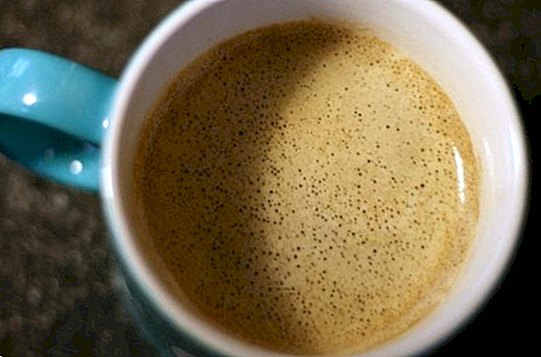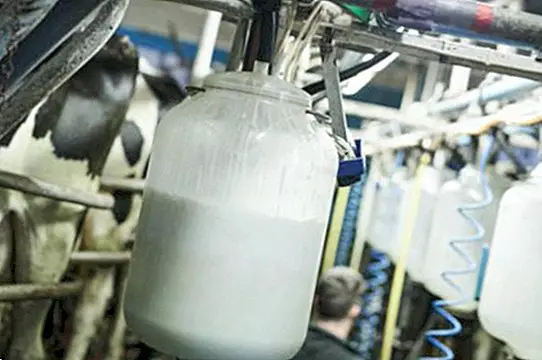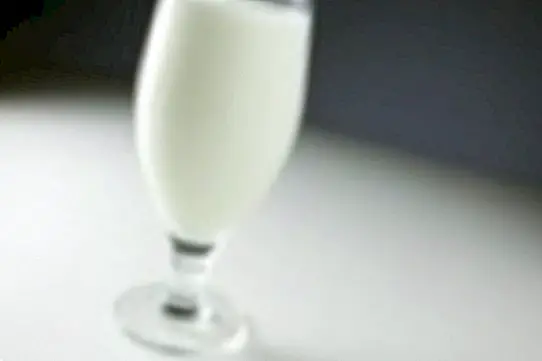What substances do we find in a cup of tea? How much caffeine does it contribute?

Tea, in all its varieties, is a very popular drink that arrived directly from Asia a few centuries ago. Since then, it has become a traditional drink in some European countries, and its consumption has increased surprisingly in recent years, thanks to the different qualities and substances that we can find in its content.
Many are the readers who have asked us about the substances that we find inside a Cup of tea, regardless of whether Green Tea, black tea, Red tea or White tea.
And it is that although a few weeks ago we dealt with another interesting and important topic related to how many cups of tea can be taken per day, this time we are going to deal with the substances that we found in a cup of tea.
Substances that we find in a cup of tea
- Catechin: Contains antioxidant properties that, in a certain sense, are about 20 times more potent than those found in vitamin C. We must indicate at this time that more than half of the total content found in tea is epigallocatechin gallate (EGCG).
- Tannin: It is a flavonoid that, among other issues, gives the bitter taste and aroma characteristic of tea. In addition to properties antioxidants, presents astringent virtues.
- Caffeine: As we know, it is a light stimulant that we also find in tea. However, its amount is less than what we observed in coffee: a 200 ml cup. It contains an average of about 40 mg. of caffeine.
- Rubigenina: It is another flavonoid, something more complete than tannin, which is generated when the tea leaves are blackened and fermented.
- Flavin: It is also produced during the fermentation of tea leaves.

How much caffeine does a cup of tea provide?
A very common question faced by many people at the time they drink a cup of tea is how much caffeine they contribute, especially if they are replacing coffee with tea, especially if they have some sensitivity to this exciting substance, or if they just do not like it.
The truth is that we find caffeine naturally in the leaves of theCamellia sinensis, the popular tea plant, from which precisely its leaves are collected in order to prepare and prepare this wonderful drink in its different varieties (white, green, red and black). In this case we must distinguish between the variety of tea that we are going to consume, since its caffeine content will vary a bit.
So, while black tea is the variety of tea that more caffeine brings(specifically a cup of black tea contains between 25 to 100 mg of caffeine), a cup of green tea brings a lot less(between 10 to 15 mg of caffeine). If we compare it with the amount of caffeine that can contribute a cup of coffee (between 60 to 120 mg.), We note that black tea contributes even a smaller amount, despite being the variety that ultimately has more content in caffeine.
How these substances act in our body
We must bear in mind that depending on the different qualities that each substance contains, its effects on our organism will obviously be very different.
We can give an example with substances that have an antioxidant effect, as is the case of catechins or tannins, to name just a few simple examples. These, among other interesting aspects, are capable of reducing the negative action of free radicals, so that they help us in reducing the risk of suffering cancer and other chronic diseases. In addition, they not only decrease the action of free radicals, but slow down the aging of cells.
On the other hand, caffeine acts as a natural stimulant of our nervous system. In this way, when we have a cup of tea or coffee helps reduce fatigue and fatigue by acting as an exciter, improving concentration and alertness.

What are the main contraindications that prevent taking a cup of tea?
We can not finish this article without first paying attention to something fundamentally important: what are the contraindications that could prevent us from enjoying a cup of tea, mainly because despite its benefits, its consumption would not be advised for us:
- Its use in children is not advised:Because of its caffeine content, its use is not recommended in young children, even in small doses. It is advisable to replace the tea with natural infusions whose content in caffeine or theine is evidently null, as is the case of chamomile.
- Pregnancy and lactation:Although tea is considered a safe drink, many experts advise avoiding green tea because its substances - and side effects - can pass to the baby during pregnancy, causing negative effects on its nervous system still in development. For this reason, its consumption is not advised during lactation.
- Interference with some medications:It is known that tea, especially green tea, can interfere with the action of drugs such as sibutramine. Therefore, it is recommended before consulting with the doctor in case you want to drink tea and you are also following a certain medical treatment.


